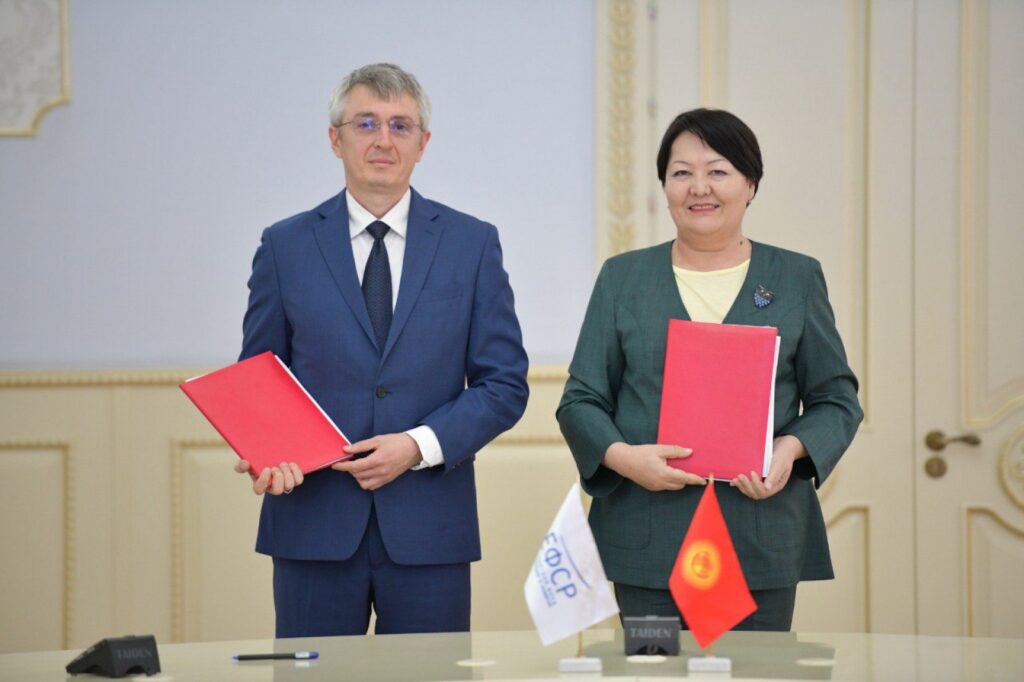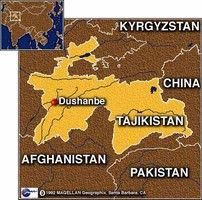BISHKEK (TCA) — A new World Bank Country Partnership Framework (CPF) for the Kyrgyz Republic, defining the strategic focus of the World Bank Group’s (WBG) engagement with the country for 2019-2022, was endorsed on November 13 by the World Bank Board of Directors.
With an overarching goal of supporting diversified, export-oriented growth that is both inclusive and sustainable, the CPF identifies three key areas for development in the coming years: strengthening foundations for inclusive private sector-led growth; raising productivity and building greater connectivity; and enhancing economic opportunities and building resilience through investments in human capital. The Framework is also fully aligned with both the Kyrgyz Republic’s Sustainable Development Strategy to 2040 and the government’s medium-term ‘Unity, Trust, Creation’ program.
“The Country Partnership Framework is based on continuous discussions with the government of the Kyrgyz Republic and incorporates findings from consultations we undertook with all our development partners in the country,” said Lilia Burunciuc, World Bank Country Director for Central Asia. “Based on this Framework, the World Bank Group will provide policy advice and financing of more than $300 million over the next four years to support sustainable growth, create jobs, and improve the lives of the people of the Kyrgyz Republic.”
Moving to an export-oriented growth model and broadening participation in the formal labor market can help strengthen the foundations for inclusive growth led by the private sector, while productivity and connectivity can be strengthened through the development of the Kyrgyz Republic’s promising natural resource sectors and improvements in digital and physical connectivity. Support to skills development and employability will also be central in building human capital in the country.
These focus areas in the new CPF emerged from the WBG’s Systematic Country Diagnostic (SCD), a comprehensive assessment that looked at the Kyrgyz Republic’s development challenges and potential opportunities to reduce poverty and promote prosperity across Kyrgyz society in a sustainable manner.
“Since the turn of the 21st century, the main drivers of economic growth have been gold extraction on the one hand and remittances on the other,” said Bolormaa Amgaabazar, World Bank Country Manager for the Kyrgyz Republic. “While this growth model enabled the economy to grow at an average rate of 4.5 percent from 2000-2016 period, the SCD found the factors behind this growth have exhausted themselves and the Kyrgyz Republic needs a more dynamic and productive growth model.”
The Country Partnership Framework will also continue to support improvements in public expenditure management, government efficiency, and accountability. Operations in energy, infrastructure, irrigation, natural resources management, rural water supply and sanitation, water resources management, health, and education will underpin the CPF’s objective of supporting diversified, export-oriented, inclusive and resilient growth.









